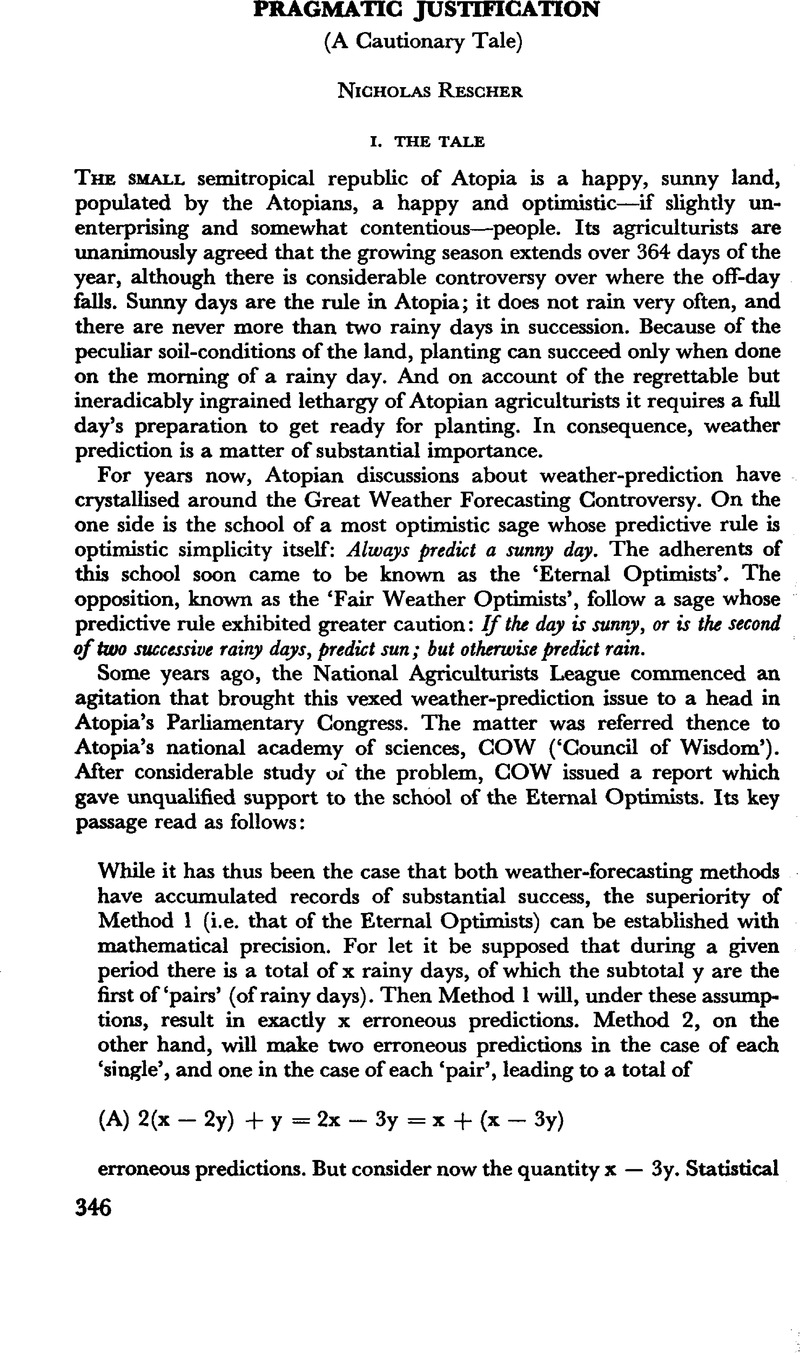Crossref Citations
This article has been cited by the following publications. This list is generated based on data provided by Crossref.
Vaesen, Krist
and
Katzav, Joel
2019.
The National Science Foundation and philosophy of science's withdrawal from social concerns.
Studies in History and Philosophy of Science Part A,
Vol. 78,
Issue. ,
p.
73.


